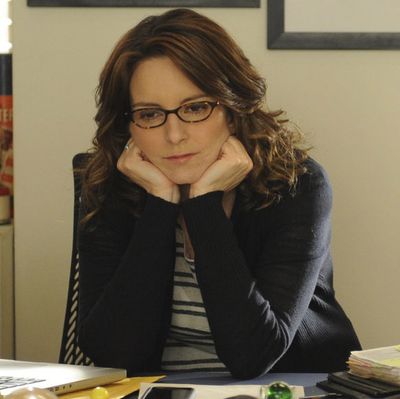
On Wednesday at 4 p.m., I was eating a turkey club at Señor Frogs in Times Square. (I am the writer, so I don’t have to tell you why.) While a tremendously nice man with a septum piercing forged two snazzy balloon hats for my friend and me, we chatted with him about his job — how long had he been in the balloon-hat-fashioning business?
“I’m a professional dancer as my full-time thing. I just do this because it’s good money.” He pulled a red and a blue balloon from a bunch tied together like a haystack, and twisted them into a flower bud. I paid for his service, shoved the magnificent creation onto my head, and continued to eat my turkey club. Go figure: The sandwich sucked.
Because the Señor Frogs of New York City is subterranean, cell-phone service is more or less garbage, and though I briefly entertained the idea of connecting to the Wi-Fi to brag to people that I’d just seen Hamilton, I resisted. My friend and I had played hooky to catch the show and we’d spent the last five hours in places where cell phones either weren’t permitted or didn’t work. The workday — from our noon departure onward — passed blithely by without us.
By the time I got home that night and logged onto the web, I noticed something discomforting: Though I had been unconnected to the virtual world for hours, that didn’t mean it had had ceased to carry on. Kanye West had started a new beef, the Zika virus was spreading, some sort of raccoon monkey tried to wife a woman. Leonardo DiCaprio met the pope? I logged into Slack, the work-chat app that ordinarily sucks up all of my time, but scrolling back through the jokes, commentary, and general discussion of the day’s news was overwhelming, almost impossible to keep up with. Like an archaeologist on a virtual dig, I attempted to piece together the conversation: This joke referenced this thing, which connected to this, which led to this embedded tweet. The bones didn’t add up to make even half of a conversation dinosaur.
I pouted. I had missed a day of playful water-cooler banter. Why were my co-workers having online fun without me?
Slack now has more than a million users a day, but even if it didn’t exist, there’d be Gchat, HipChat, fun reply-all email chains to use as welcome distractions from the daunting crush of the never-ending workday. Even Twitter serves as a place for “professionally slacking off,” because although tweeting at other industry people looks like work, it’s just fucking around to the tune of a thousand jerk-off GIFs in an echo chamber. But the relaxed interface of Slack, one that is reminiscent of AOL chat rooms of yore but with emoji and GIFs and plug-ins, makes missing it the equivalent of all your friends going to a party when you didn’t get the invite. It doesn’t matter if the party wasn’t even fun (it is work, after all) — you’re still a little bummed you weren’t there.
The debate over whether we should be checking work email at home is dreary and overwrought — most people now seem resigned to the fact that they will do it even if they don’t want to. In a recent New Yorker profile of Ford Foundation president Darren Walker, Walker admitted that he’d had to train himself to not email his staffers during off hours, or else they “became distressed and resentful … because they felt obliged to respond quickly.” Slack, on the other hand, makes a simple DM from your boss at 9 p.m. on a Thursday seem less threatening. “Oh, I’ll just answer her question now,” you think, “so she believes I’m still at this party though I left a long time ago for a different, better one.” The different, better party is, subsequently, your real life. With your real friends. And checking in on Slack, no matter how harmless it feels, is one way of pushing an eight-hour workday to 10, 12, 18 hours. The last person anyone wants sliding into their DMs is their boss.
To its credit, last month Slack introduced the extremely necessary “Do Not Disturb” function to its software: “That means even more control over when you receive notifications, so you can take a little time to yourself when you need it.” But what if you don’t think you need it? The vast majority of people I know (myself included) have the Slack app on their phones, and willingly check it as one more distraction from the unhinged thoughts in their heads. At intermission during Hamilton, my friend pulled out her phone to a stream of Slack notifications. The news and party don’t stop just because you’re out there living. Slack FOMO is real. And it’s ruining my life.
Group chats are similar to office holiday parties in how they make people who would never hang out with each other feel uninhibited. With the awkwardness of real-life interaction removed, it’s easy to find yourself getting to know your colleagues’ likes, dislikes, and preferred sex positions without ever having to talk to them face-to-face. But though Andrew W.K. may have said, “We do what we like and we like what we do,” the distinction between the two is actually essential. Find yourself riddled with Slack anxiety? Enable Do Not Disturb, storm down the steps of the nearest Señor Frogs, and order up a turkey club. Your mind will be somewhere else in no time.

